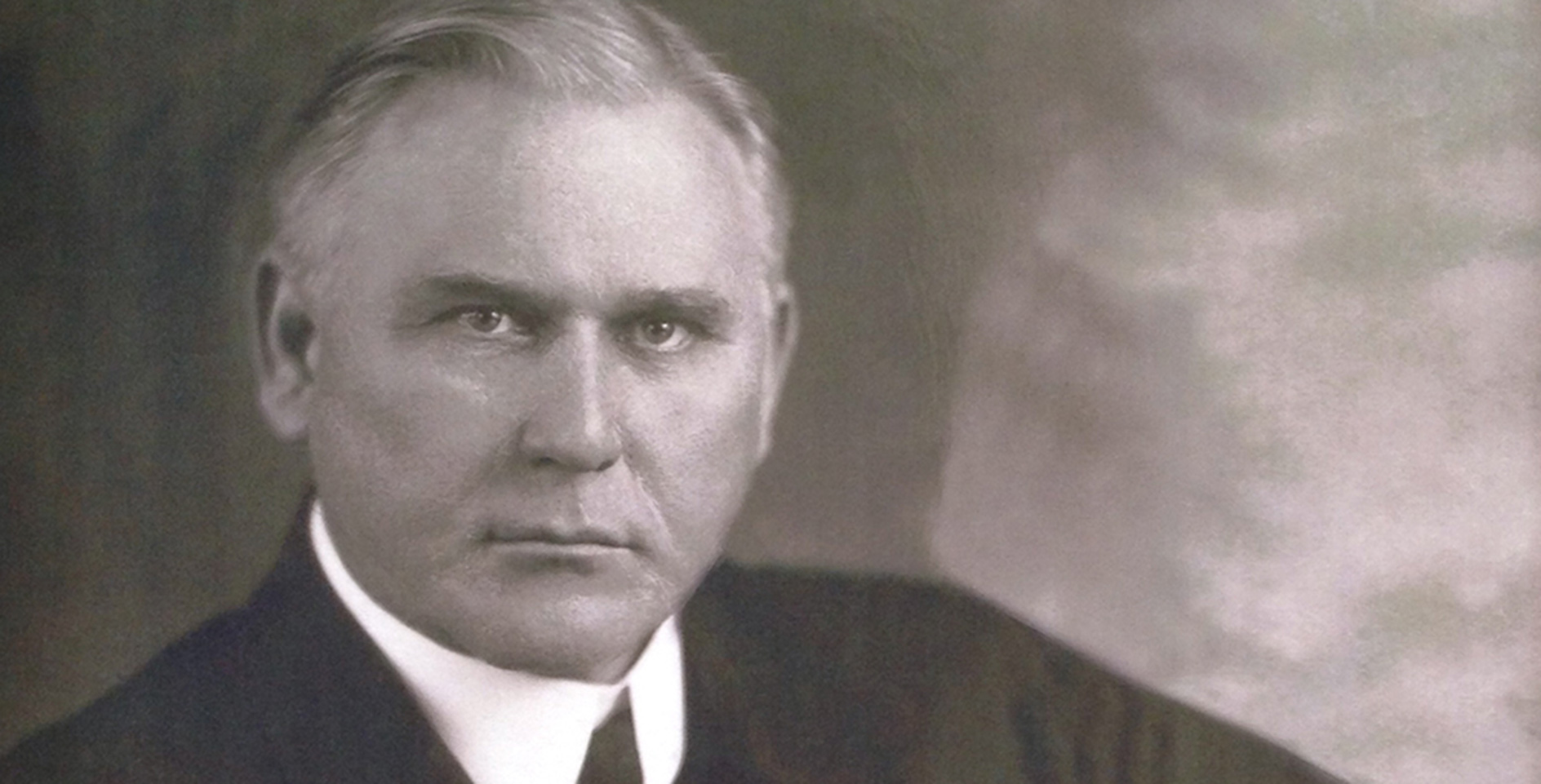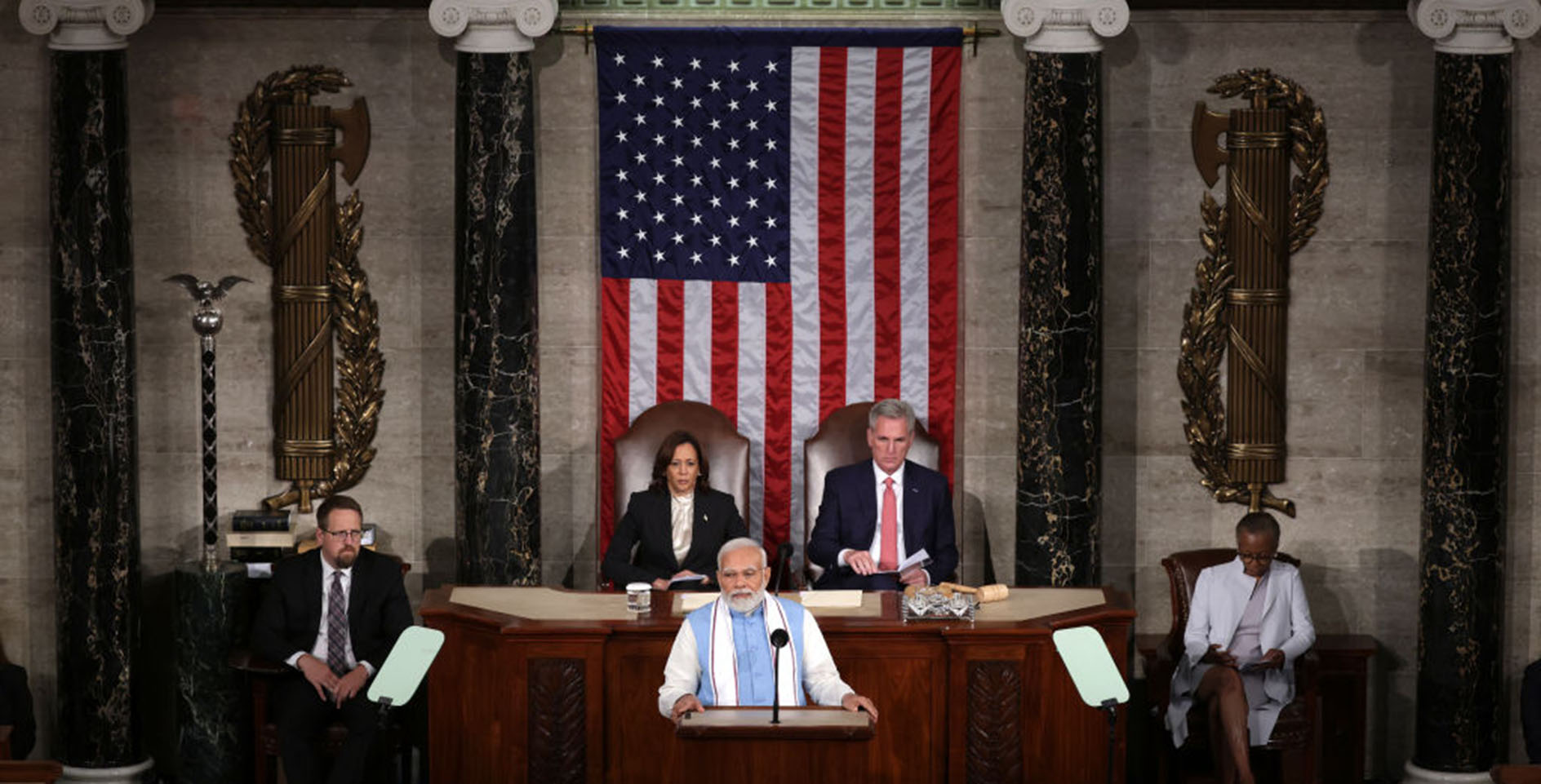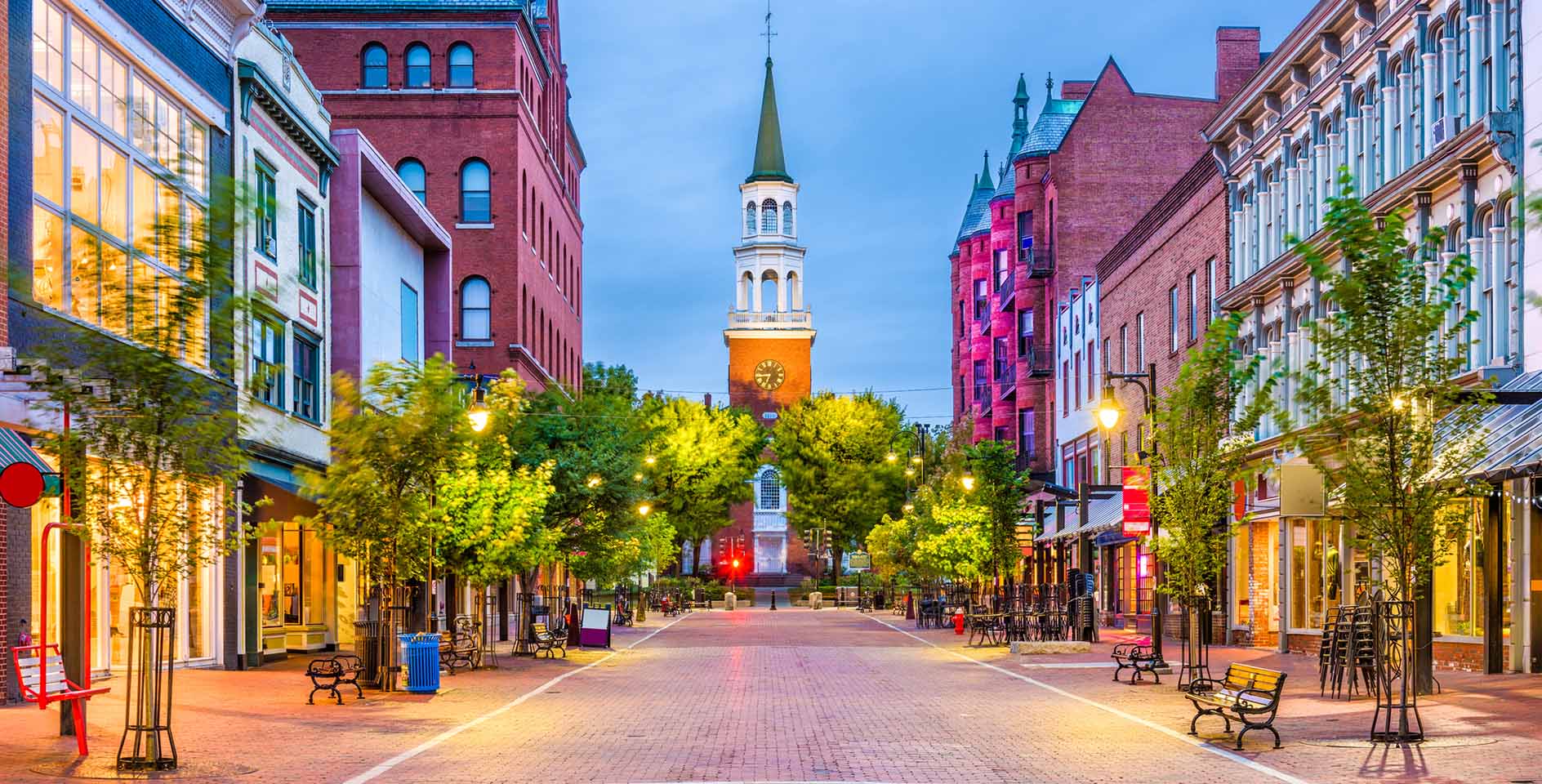On May 6, 1867, George Washington Truett entered the world in a rural farmhouse in Clay County, North Carolina, as the seventh child of Charles and Mary Truett. The family resided on a 250-acre farm just two miles west of the mountain village of Hayesville. The Truetts farmed half the land for crops, and the other half was mountainous, so young Truett’s boyhood was spent cutting down trees, splitting rails to make fence posts, and preparing the timber logs to be taken to the local saw mill. Throughout his adolescence, young George saw his need for a Savior, but not until he turned 19 did he make what he referred to as the “supreme decision” of his life. After a move to Texas with his family, he would accept the call to preach at the urging of his church in 1890, setting him on a path to assume the pastorate of First Baptist Dallas.
Pastor of First Baptist Dallas
On Aug. 4, 1897, First Baptist Dallas voted 74 to 3 in favor of calling Truett as pastor. His youthful enthusiasm coupled with a wisdom and maturity beyond his years gave him instant appeal with the people. He and his wife Josephine were welcomed into one of the most established and notable churches in the state with a stately, brand-new, and beautiful sanctuary that still serves the congregation today. His starting salary was $1,800 a year — quite a sum in those days!
Immediately, the people of Dallas accepted their new pastor with waves of optimism and expectancy filling the atmosphere of every worship service. Crowds swelled and new members joined the church in growing numbers. As the coming years unfolded, the reputation of the pastor and church extended far beyond Dallas; it was a nationally known ministry. For a period of time, the church was the largest in the world until its numbers were eclipsed in the 1920s by J. Frank Norris at the First Baptist Church in Fort Worth. Truett would remain at FBC Dallas for over four decades. He also served as president of the Southern Baptist Convention (1927–1929) and as president of the Baptist World Alliance (1934–1939).
George Truett and religious liberty
Two events catapulted George W. Truett onto the national scene and made him a household name among Christians in the United States. The first came in 1918 when President Woodrow Wilson requested that Truett spend a few months encouraging and preaching to the United States Armed Forces battling the Germans in the European theater. Truett readily accepted his nation’s call to “preach to the soldiers in the camps and in the blood-sodden trenches beyond the Atlantic.”
On July 31, 1919, Truett sailed from New York to England, eventually headed for the battlefields of Europe. He wrote in his diary, “The German Bastille must fall. . . . The Am [sic] people have their minds made up about this war, and they unhesitatingly believe that our Allied Armies are God’s instruments to right the greatest wrong in all human history.” Truett doubtless believed that the war was just and must be won at all costs.
In October, he arrived in France. For several weeks he spoke to the troops in the camps, in mess halls, and out in the trenches, as close to the front lines as chaplains were allowed to venture. The war revealed Truett’s true human spirit. He lived in the primitive camps with the men, ate their food with them, got wet and cold alongside them, and slogged through the mud and freezing winter temperatures to minister to them. He saw more than his share of suffering and death and wrote repeatedly in his diary of the “horribleness of war” and “the awful deso-lation of war on every hand.”
The second event that led to Truett’s fame was his famous address on religious liberty, delivered on the steps of the United States Capitol in 1920. In the midst of the early challenges of the 75 Million Campaign, Southern Baptists were in need of a word of encouragement as they gathered in the nation’s capital for their annual meeting in May 1920. Truett was chosen to represent the Baptist faithful in delivering a major address on religious liberty. He rose to the occasion. Fifteen thousand people gathered outdoors to hear his address from the east steps of the United States Capitol. The crowd was a who’s who of American dignitaries including Supreme Court justices, military leaders, cabinet officials, members of the Congress and Senate, ambassadors, and thousands of Baptist faithful who had traveled to Washington, D.C., for the annual convention. Robert Coleman led the crowd in singing “My Country ‘Tis of Thee,” followed by several hymns, including “Rescue the Perishing” and “My Faith Looks Up to Thee.”
Without the aid of a public address system and without notes or a teleprompter, Truett delivered the most famous address of his long and illustrious career. He spoke of the past, the present, and the future, and he emphasized that the foundation of all religious liberty is found in the absolute lordship of Jesus Christ. Truett spoke of the incomparable apostasy that resulted from church-state unions and warned against such in America’s future. He viewed every state church on earth as a spiritual tyranny. Near the end of his remarks, he boldly proclaimed the exclusivity of Christ, stating that evangelism is the primary task of the church. He declared, “Salvation for sinners is through Jesus Christ alone, nor is there any other name or way under heaven whereby they may be saved.” This major address forever branded George W. Truett as the champion of the separation of church and state.
Truett’s legacy
Building proved the greatest of all of Truett’s attributes and lasting accolades. He built things that lasted. He built a great church. He started other churches in Dallas, such as Gaston Avenue Baptist Church and Cliff Temple Baptist Church, which grew into megachurches in their own right. The Baptist Standard, the Baptist General Convention of Texas, Baylor Medical Center, the Relief and Annuity Board of the Southern Baptist Convention, Buckner Orphan’s Home, and many other organizations all have one thing in common: George Truett was a vital factor in their founding or development. He served on the boards of each of these entities and helped raise vast sums of money for their support. His significant part in the founding of two of them, Baylor Medical Center and the Relief and Annuity Board, has changed the lives of millions of people over the past century. Biographers and historians have said that among George W. Truett’s greatest attributes was his keen ability not only to envision new and innovative ministries, but also to inspire the masses to adopt his vision and see it come to fruition. He built things, and the things he built have lasted over several generations.
This excerpt is adapted from the forthcoming book from B&H Academic, In the Name of God: The Colliding Lives, Legends, and Legacies of J.Frank Norris and George W. Truett.










